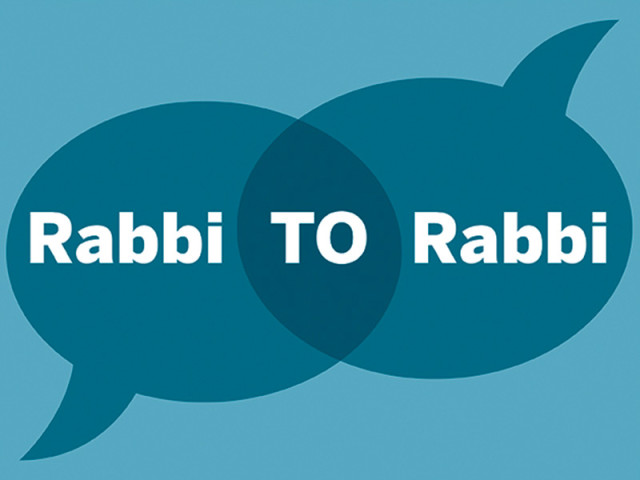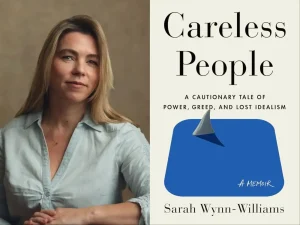The Reform movement lauded U.S. recognition of Jerusalem as Israel’s capital, but voiced concern over the move’s timing. How connected are the non-Orthodox to the Jewish state?
Rabbi N. Daniel Korobkin
Beth Avraham Yoseph Congregation, Toronto
Rabbi Lisa Grushcow
Temple Emanu-El-Beth Sholom, Montreal
Rabbi Korobkin: When I first heard that U.S. President Donald Trump had recognized Jerusalem as the capital of Israel, our shul was on a mission in Poland. We had just seen the remains of the death camp in Belzec, where a half-million Jews were murdered in 10 months, and were on our way to Auschwitz-Birkenau, where we were privileged to witness a closing ceremony for dozens of IDF officers who were visiting the camps. For our delegation, the news of Jerusalem’s formal recognition could not have come at a better time. It was the soothing balm to a most painful and graphic revisiting of the Shoah.
I am not surprised that many world leaders condemned Trump’s action, nor am I surprised that his announcement has been embraced as historic by Jewish organizations worldwide. However, I am surprised that the leader of Reform Judaism publicly disagreed with the president’s decision. How are you dealing with this in your congregation?
Rabbi Grushcow: In the statement he issued after the announcement, Rabbi Rick Jacobs, president of the Union for Reform Judaism, said: “President Trump has affirmed an age-old dream of the Jewish People and of all who care about Israel. Jerusalem is, in fact, the capital of Israel. That is how it should and must be. The president correctly noted that a sovereign state is entitled to name its own capital. The Reform movement has also long held that the U.S. Embassy should be moved to Jerusalem.”
This statement was accompanied by a concern about the timing of the announcement – one that many Jews share, given that the peace process has been stalled for a long time and there is an ongoing risk of violence. Now, that’s not to say nothing should be done out of fear of others’ responses. But it is vital to recognize that a complex situation calls for careful action.
Jerusalem is our capital, whether the world recognizes it or not. I don’t need President Trump to tell me that. I do, however, need the American government to help us move forward toward peace.
Rabbi Korobkin: But the fact still remains that many Jews further to the left have strongly condemned Trump’s action. And it’s not just Trump and Jerusalem. Birthright Israel, for example, openly laments that non-Orthodox groups are falling short of filling quotas for sending youth to Israel. Despite all the bravado and claims to the contrary, it’s clear that the connection to Israel and Zionism has eroded drastically on the left.
I’m not saying this to call you or your movement out. I’m asking what we can do to stem the increasing tide of apathy and antipathy among our youth toward Israel. Orthodoxy’s solution is to create the religious bond. If that’s not a message that resonates on the left, what will keep our youth connected to Israel?
Rabbi Grushcow: I respectfully disagree with the notion that Jews on the progressive end of the spectrum have no religious ties to Israel. It’s notable that the voice of the liberal movements have been loud specifically on religious issues. We want the authority of our rabbis to be recognized, to have the ability to pray with the Torah at the Kotel and to enable all Jews to express their authentic religious identities in our Jewish homeland.
But here’s the thing: we are not going to help Jews connect to Israel if we hold them to a party line on religious – or political – belief. There’s already too much alienation, and alienation leads to indifference. If anything, we need to redouble our efforts to let Jews from across the political and religious spectrum engage with Israel in all its complexity.
That’s why I’ve been excited to see the emergence of new efforts, like Honeymoon Israel, specifically designed to help Jews who may not have had the chance otherwise connect to Israel. Interfaith couples, same-sex couples, unaffiliated couples – all are being encouraged to make their own memories in Israel. I remain convinced that when we help people see Israel with their own eyes, something very special happens. But with Israel, as with Judaism, people need to be able to bring their whole selves.







